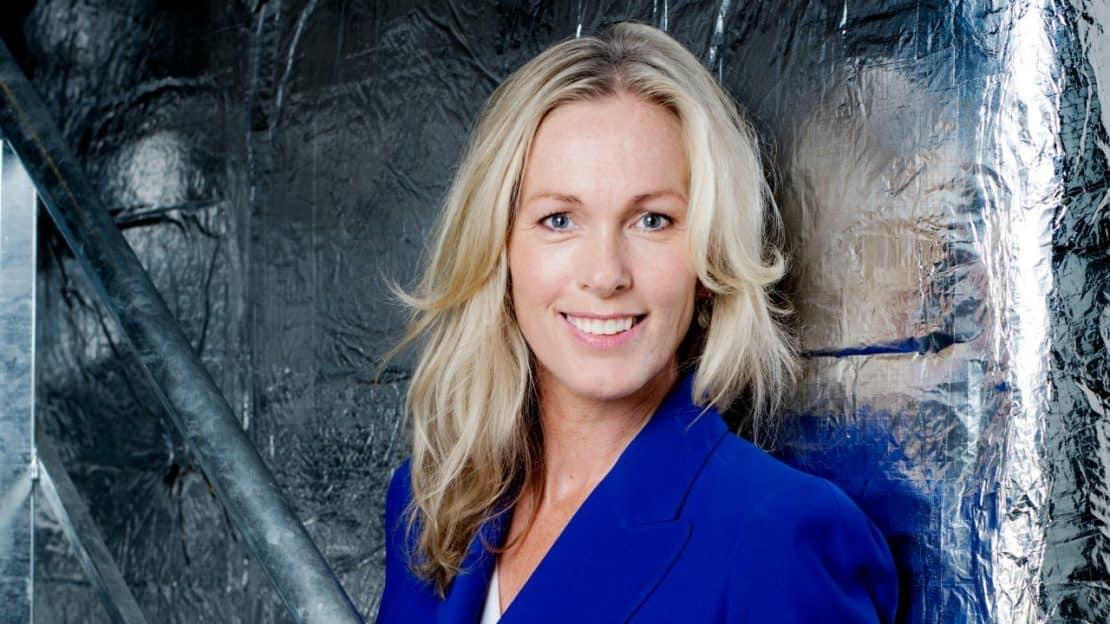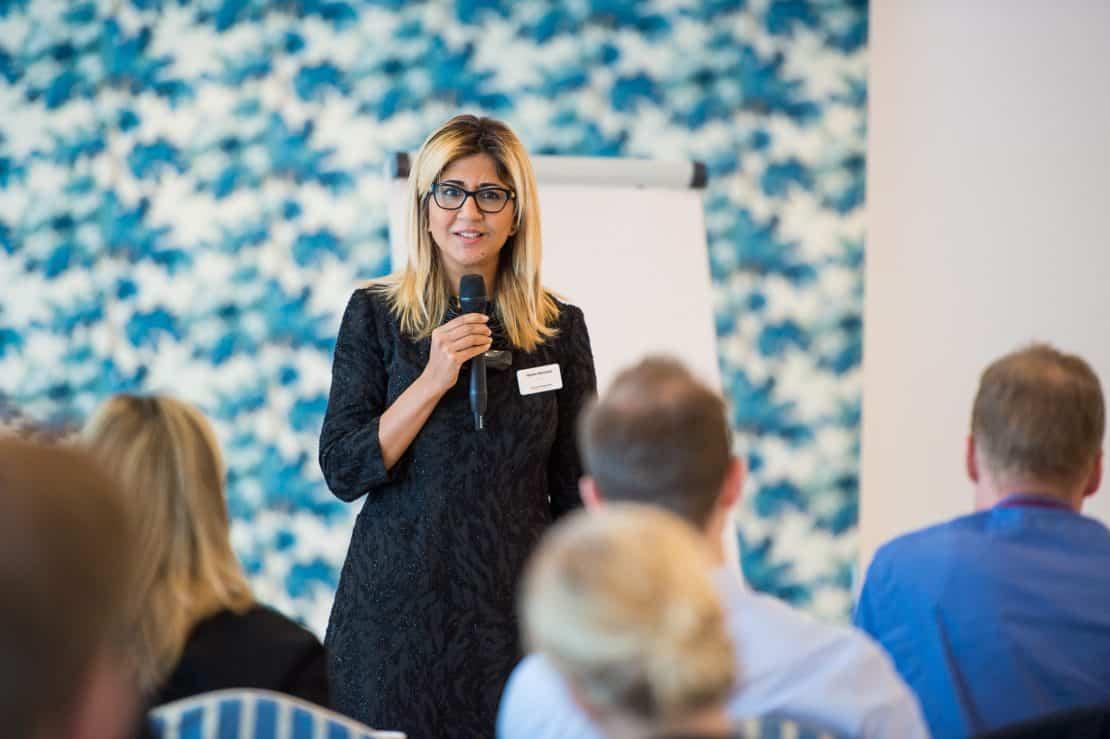18Aug2016
Norway is really putting its money where its mouth is when it comes to innovation with NOK 6.1 billion in funding being made available to Norwegian businesses and industries. Anita Krohn Traaseth, now the CEO of Innovation Norway, explains how the country is building a future away from the reliance on oil money.
With 700+ employees in over 35 offices worldwide, Innovation Norway (IN) is the Norwegian Government’s “most important instrument for innovation”, explains Anita. IN works closely with the Research Council of Norway who implement R&D projects, but has a major steering role through the instigation of the Dream Commitment, a collective ideation and discussion between businesses and community leaders about the aspirations for Norwegian society and industry. Through the Dream Commitment objectives and a focus on areas in which Norway excels in “knowledge, competence and/or natural resources”, Norway is targeting the “intercept between [six] disciplines and sectors: the ocean space, clean energy, bioeconomy, health & welfare, smart societies, and creative businesses & tourism.
Nordic Business Report: How is Innovation Norway delivering the ‘Dream’ into reality?
Anita Krohn Traaseth: “We are strong advocates for incubators, organizing events, trainings and recruitment activities. Innovation Norway has [been involved] in creating “power couples”, i.e. medium to large companies working closely with startups. Maybe the most important [activities] are our financing of clusters and centers for excellence.”
NBR: How are you transitioning away from a petroleum-based economy?
AKT: “Norway needs to build up new business opportunities in order to maintain today’s economy and prosperity. We believe the oil industry itself, and the people associated with it, will be crucial for this transformation. Their expertise, technology and international networks will continue pushing for development and innovation in both established and new industries. Sustainability is an important part of IN’s strategy, and [all] applicants for our grants must now account for the environmental and social impact of their projects. We believe there are huge market opportunities related to climate change, population growth, urbanization, the need for safe food, clean water, welfare technology, energy and the like. Norway is the country with the highest density of electrical cars – despite our important oil industry. This proves that the shift is possible.”
NBR: How is Norway harnessing the power of digitalization?
AKT: “In 2016 the Government launched “The Digital Agenda for Norway”. The agenda… describes how ICT can be used to renew, simplify and improve the public sector and forecasts increased efforts in this area. It deals with how ICT can facilitate innovation and competitiveness in business and presents a national plan for electronic communications. Although not in the lead, Norway is a forerunner in some fields already. Many countries envy our banking system and our fiscal solution, Altinn.”
NBR: Are there any other notable digital tech examples?
AKT: “Lefdal Mine Datacenter is constructing a data centre with a potential size that could make it unique in the world. Given the natural advantages in Sogn og Fjordane it will be among the greenest and most energy efficient data centres ever developed. Signicat AS delivers comprehensive services within electronic identification and has the wind in its sails thanks to the growing international demand for cybersecurity. TAG Sensors’ core activities revolve around a system for a continuous refrigeration monitoring and control chain using labels. These contain sensors in the form of a computer chip that can be read using a smart phone.”
NBR: What is your assessment of the Norwegian startup ecosystem?
AKT: “The interest around the Norwegian startup ecosystem has exploded the last couple of years, much due to several incubators, communities [and] initiatives like Start Up Extreme. Our belief is that there has been a good startup culture for a long time – but with less known companies. I call us the ’Tacit Innovation Nation.’ We see a critical mass of new companies ready to expand within the areas of cleantech, edtech, fintech and medtech. They are growing fast, together, and they are clustering and cooperating like the traditional industries have done. This I believe is a key to success. To develop more successful start-ups, we also need more global oriented entrepreneurs. The services and instruments offered by IN are intended to complement this ecosystem.”


 by:
by: 